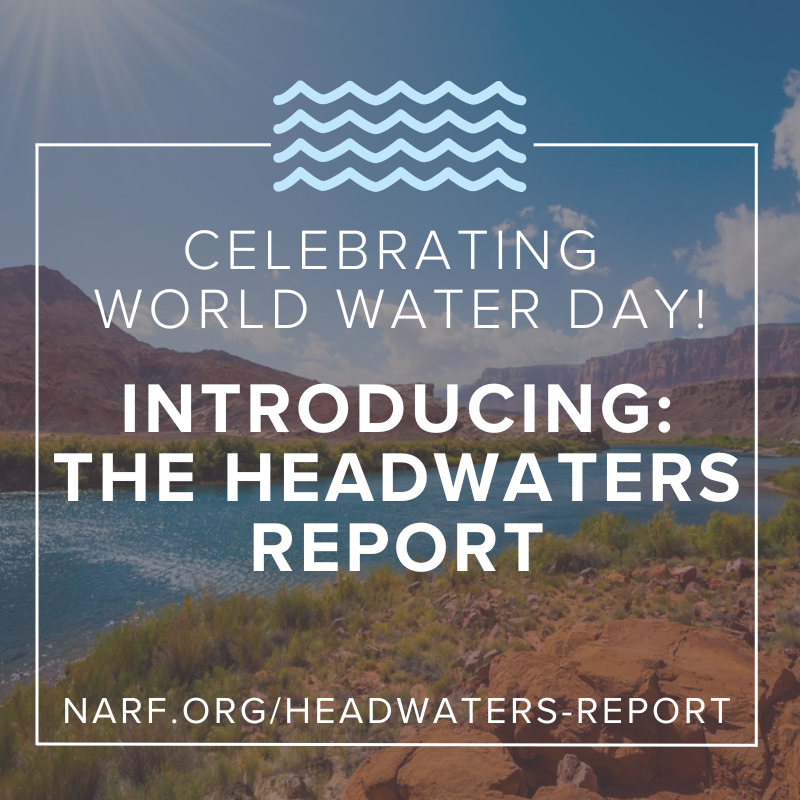Launching the Headwaters Report to Strengthen Tribal Water Sovereignty

Water is life—Mni Wiconi. On this World Water Day, we recognize the urgent need to protect tribal water rights and celebrate the launch of the Headwaters Report, a vital resource within the Tribal Water Institute (TWI) dedicated to tribal water law and policy.
For decades, Native nations have fought to secure the water that rightfully belongs to them. In 1908, the U.S. Supreme Court affirmed that Indian Tribes are entitled to enough water to sustain their homelands. Yet, in state after state, non-Indian interests have claimed and developed water resources, often leaving Tribes without the water necessary for survival. Federal inaction and policies favoring outside development have only deepened these injustices.
With growing populations, shrinking water supplies, and the accelerating effects of climate change, tribal water rights are more critical than ever. Recognition, respect, and collaboration with tribal governments are essential for sustainable water management.
That’s why NARF launched the Tribal Water Institute—to build legal expertise, advocate for policy reforms, and strengthen tribal sovereignty over water resources. A key part of this initiative is the Headwaters Report, an authoritative source on tribal water law, providing essential legal and policy insights for Indian Country.
As we mark World Water Day, we reaffirm our commitment to protecting this sacred resource.
More blog posts

